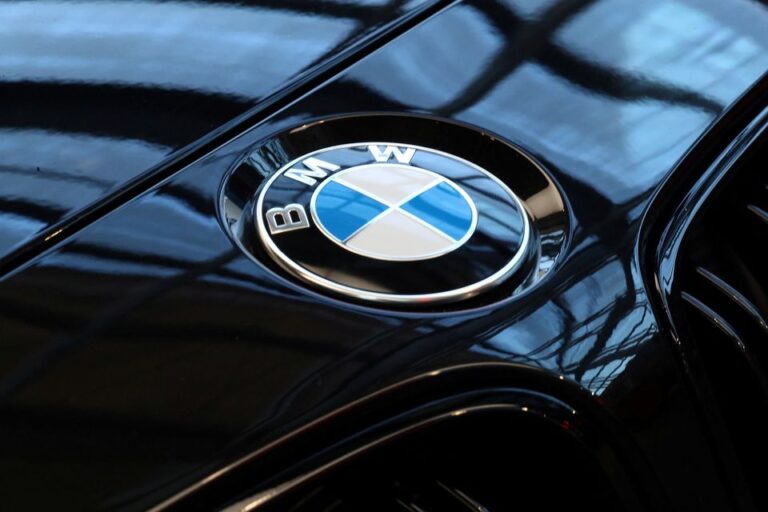
(Reuters) — Solarwatt will start selling storage batteries from this autumn in cooperation with carmaker BMW (BMWG.DE) amid an ongoing convergence of renewable power and electric mobility, the German photovoltaic firm announced on Wednesday.
Under the deal, BMW will supply battery components also used in its electric vehicles for Dresden-based Solarwatt which will develop and assemble photovoltaic (PV) storage products under the brand name Battery flex in Germany to complement rooftop solar installations.
“We are delighted that, through our partnership with Solarwatt, we can make an additional positive contribution to bringing photovoltaics and electromobility closer together,” BMW executive Eric Hamm said.
As the price of battery technology has come down, it is becoming increasingly economical for householders to store surplus solar power to supply power sockets or heat water directly, rather than selling it to grid operators.
Solar power can also be used to supply heat pumps or charge electric cars, helping to reduce global warming by replacing power generated by fossil fuel.
Solarwatt is investing 100 million euros up until 2025, for example on production lines and complementing Battery flex with intelligent software to manage energy flows around the house to help cut costs and raise households’ self-sufficiency.
It will also offer installations, metering, insurance and tax advice and widen sales channels.
Solarwatt is majority-owned by Stefan Quandt, who owns nearly half of luxury carmaker BMW (BMWG.DE) with his sister Susanne Klatten.
The German battery market is currently led by Solarwatt rival Sonnen, part of Shell (RDSa.L).
German solar power supply in the first quarter 2021, at 7.24 terawatt hours (TWh), held a 5.4% share of total power grid volumes, Fraunhofer Institute data showed.
Solarwatt sold 16,000 PV systems last year in Germany alone and reported turnover of 120 million euros ($146 million).






